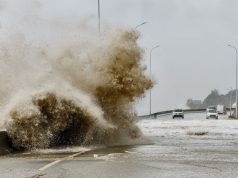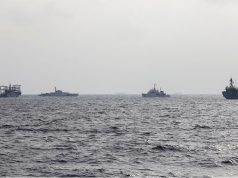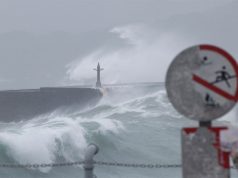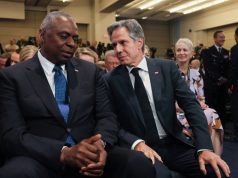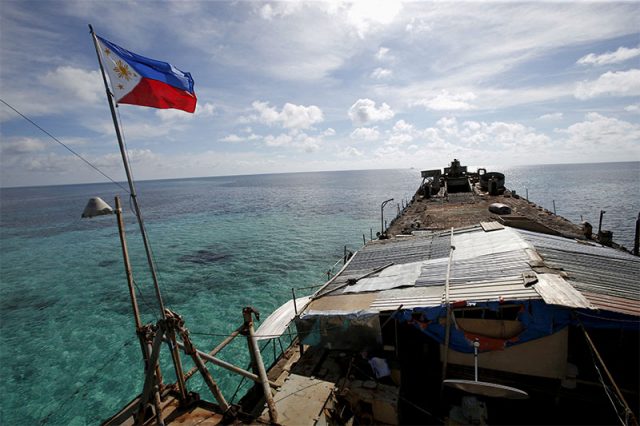
BEIJING/SHANGHAI — The Chinese coastguard said it had made “temporary special arrangements” to allow the Philippines to deliver supplies to troops at a grounded World War Two-era vessel at a disputed reef.
The Chinese coastguard has previously deployed vessels to block missions by the Philippines to supply troops on the transport ship, which has become a military outpost at the Second Thomas Shoal, 190 km (118 miles) off the Philippine island of Palawan.
In a statement on its official WeChat account late on Saturday, the Chinese coastguard said it had allowed necessary supplies, but also that it would resolutely defend China’s sovereignty and maritime rights and interests at the Second Thomas Shoal and its adjacent waters.
“On Jan. 21, a small aircraft from the Philippines airdropped supplies to the illegally beached warship,” the WeChat statement said.
“The Chinese coastguard has followed up and monitored the situation in real time, controlled and dealt with it in accordance with laws and regulations, and made temporary special arrangements for the Philippines to replenish necessary daily supplies,” it added.
China, which claims sovereignty over almost the entire South China Sea, points to a line on its maps that cuts into the exclusive economic zones of Vietnam, the Philippines, Malaysia, Brunei and Indonesia.
It has repeatedly called on the Philippines to tow away the ship on the basis of a promise it said Manila made, but Philippine President Ferdinand Marcos Jr has denied.
Saturday’s WeChat message said the “relevant parties” in the Philippines had deliberately misled international opinion and ignored the facts, and that was not conducive to easing tension in the South China Sea.
— Reporting by Beijing and Shanghai Newsroom; editing by Barbara Lewis




